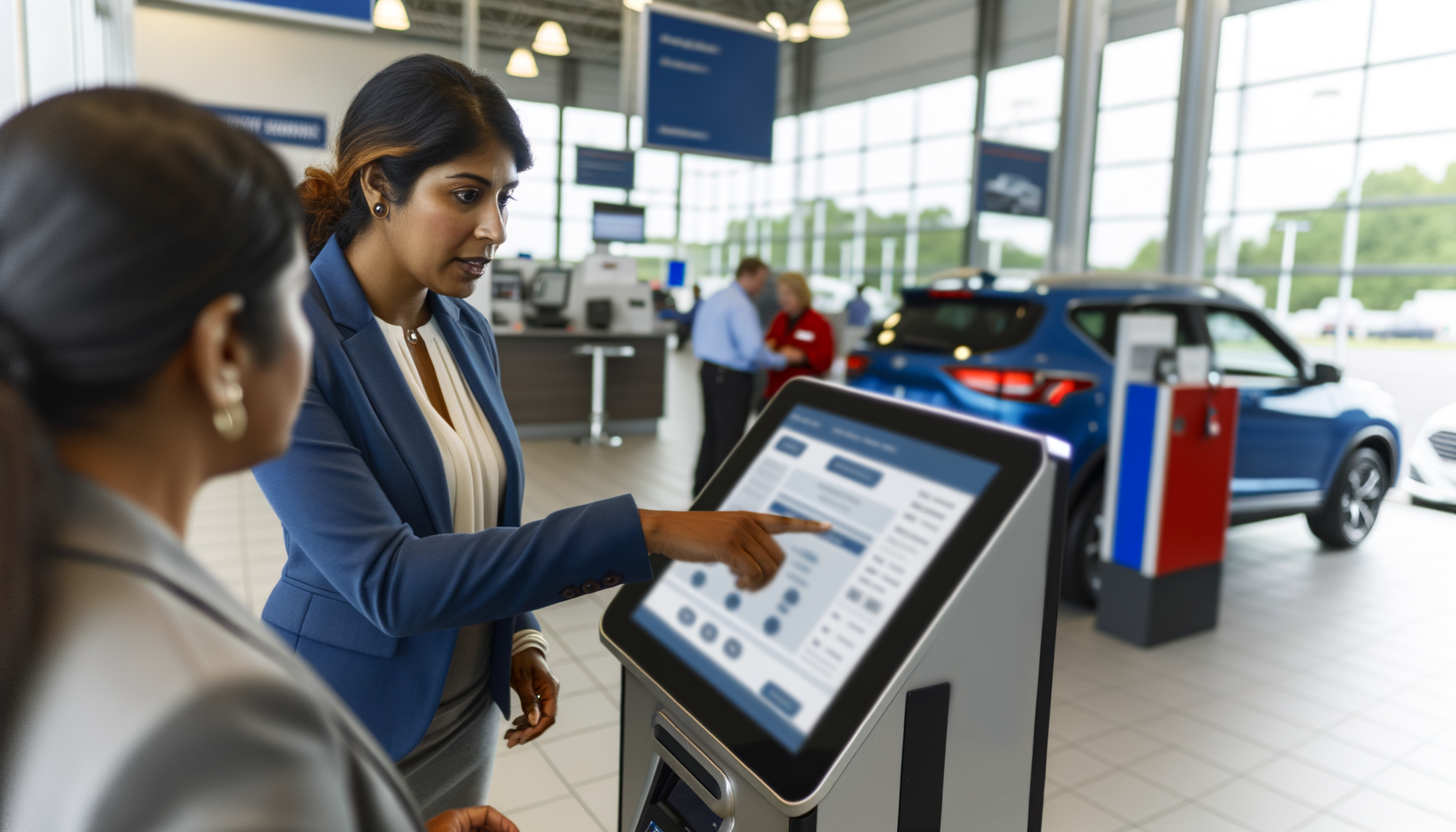Beyond the Service Bay: Unleashing Leadership Innovation in Automotive Fixed Ops

Introduction to Fixed Ops Leadership

Fixed ops leadership in 2025 demands a blend of traditional managerial skills and cutting-edge technological acumen. With the rise of EV technology and increasingly digital customer interactions, service departments must adapt quickly to maintain competitive advantage.
Recent studies highlight that 68% of customers now prefer digital service scheduling, underscoring the need for leaders to integrate advanced scheduling software seamlessly. Furthermore, the ongoing parts shortages continue to put pressure on inventory management strategies.
Successful fixed ops leaders embrace a culture of continuous improvement. Begin by assessing current workflows and identifying bottlenecks, then implement iterative changes with measurable goals.
Building a High-Performance Service Team

A high-performance team is the cornerstone of any successful service department. Begin by refining your recruitment process to attract talent that aligns with your dealership's values and goals.
Once onboard, continuous training and development are vital. Implement a mentorship program where seasoned professionals provide guidance and insights to newer employees, fostering a culture of learning.
Combat staff turnover by creating a supportive work environment. Regularly conduct employee satisfaction surveys and adapt policies based on feedback to ensure team members feel valued and engaged.
Leveraging Technology and Analytics

Incorporating technology enables fixed ops leaders to make data-driven decisions, enhancing operational efficiency. Utilize analytics tools to monitor key performance indicators (KPIs) such as repair order cycle time and technician productivity rates.
Adopt advanced diagnostic tools that provide real-time insights into vehicle health, reducing downtime and improving service quality.
Integrating AI-driven scheduling systems can optimize technician assignments based on skill sets and availability, ultimately improving service throughput and customer satisfaction.
Enhancing Customer Experience

Customer experience is pivotal in differentiating your service department from competitors. Implement seamless digital touchpoints such as mobile apps and online payment systems to enhance convenience.
Utilize customer feedback loops to refine services. Platforms that facilitate real-time feedback collection and analysis provide actionable insights that can be swiftly acted upon.
Personalization is key. Use CRM systems to track customer preferences and service history, enabling tailored communication and service offerings.
Measuring Success and ROI

To assess the success of your fixed ops leadership strategies, establish a robust framework for measuring return on investment (ROI). Track key metrics such as customer retention rates and revenue per service transaction.
Regularly review financial statements and operational reports to identify trends and areas for improvement.
Utilize balanced scorecards to align departmental goals with overall dealership objectives, ensuring every effort contributes to the bottom line.
Dealing with Common Leadership Challenges

Fixed ops leaders face numerous challenges, from adapting to new technologies to managing diverse teams. Proactively address these issues by fostering open communication and encouraging innovative problem-solving.
Supply chain disruptions continue to affect parts availability. Establish strong relationships with multiple suppliers to mitigate risks.
Stay informed about industry trends and regulatory changes to anticipate and address potential challenges before they impact operations.
Related Topics
Ready to take your service department to the next level?
Schedule your demo today and experience the power of Auto Pro Solutions.
Schedule Demo